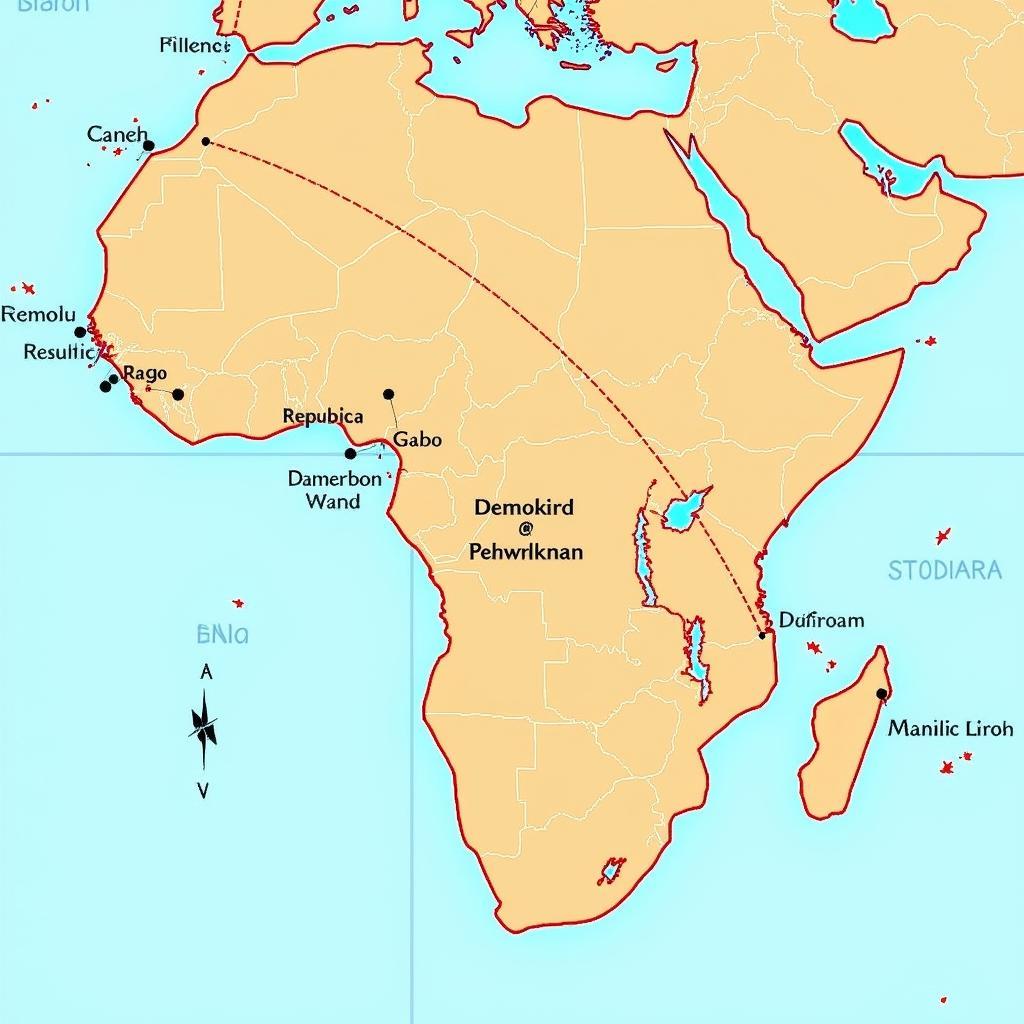The African, Caribbean and Pacific Group of Countries: A Comprehensive Overview
The African, Caribbean and Pacific Group of Countries (ACP) is a remarkable testament to the enduring power of shared history, cultural ties, and collective ambition. This diverse group of 79 states, spanning three continents, joined forces in 1975 with the signing of the Georgetown Agreement. Their aim? To forge a path towards sustainable development and greater integration into the global economy.
A Legacy of Cooperation and Partnership
The ACP Group emerged from a shared colonial past, with many members having historical ties to European nations. Recognizing their common challenges and aspirations, these nations sought to leverage their collective strength to negotiate more favorable trade and development agreements. The cornerstone of this collaboration was the Lomé Convention, a groundbreaking treaty signed with the European Union that provided preferential trade access and development assistance to ACP countries.
Navigating a Changing Global Landscape
While the Lomé Convention represented a significant step towards equitable development, the ACP Group has continually adapted to the evolving dynamics of international relations and global trade. The Cotonou Agreement, which succeeded the Lomé Convention in 2000, further expanded the scope of cooperation to encompass issues such as peace-building, climate change, and good governance.
Beyond Trade: The ACP Group’s Multifaceted Agenda
The ACP Group’s mandate extends far beyond trade and economic cooperation. Recognizing the interconnectedness of development challenges, the organization actively promotes South-South cooperation, fostering knowledge sharing and partnerships among its diverse member states. The group also plays a vital role in advocating for the interests of its members in international fora, amplifying the voices of developing countries on critical global issues.
Addressing Key Development Challenges
The ACP Group has been instrumental in tackling some of the most pressing development challenges facing its member states. From promoting sustainable agriculture and food security to combating the impacts of climate change, the organization provides a platform for sharing best practices, coordinating policies, and mobilizing resources.
Harnessing the Power of Culture and Heritage
Culture plays a vital role in the ACP Group’s identity and its vision for the future. The organization recognizes the richness and diversity of its members’ cultural heritage, promoting cultural exchange programs and supporting the development of creative industries.
The Future of the ACP Group: Strengthening Resilience in a Changing World
As the ACP Group looks to the future, it faces both opportunities and challenges. The organization’s ability to adapt to a rapidly changing global landscape, marked by geopolitical shifts and emerging development paradigms, will be crucial to its continued success. Strengthening partnerships, promoting innovation, and empowering youth will be essential for unlocking the vast potential of this diverse and dynamic group of countries.
Conclusion
The African, Caribbean and Pacific Group of Countries stands as a testament to the enduring power of solidarity and collaboration. For over four decades, this unique group has provided a platform for its members to amplify their voices, advance their development agendas, and navigate the complexities of the global arena. As the world grapples with unprecedented challenges and opportunities, the ACP Group’s commitment to multilateralism and South-South cooperation will be more vital than ever in shaping a more just and sustainable future for all.
